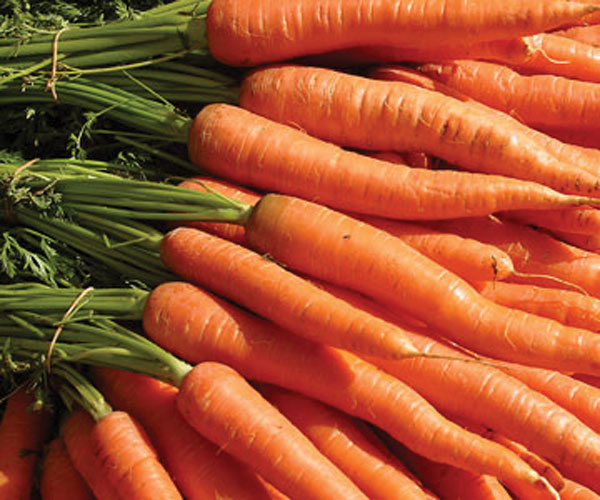
Forecasters continue to point to the probability of an exceptionally wet winter across the Southwest this year as one of the strongest El Niňo systems of record promises abundant Pacific moisture throughout the winter and possibly well into the spring planting season.
In Deep South Texas, Meteorologist Dale Nelson predicts those wet conditions could further be exasperated by a second flow of moisture-laden air sliding in from the Gulf of Mexico, providing a one-two punch for Texas coastal areas this winter and potentially bringing one of the wettest winters in years.
For the latest on southwest agriculture, please check out Southwest Farm Press Daily and receive the latest news right to your inbox.
While Nelson says a winter season of substantial rain will help guarantee good soil moisture for spring planting and probably into next summer, he warns heavy and recurring rain could also exact a price.
“We could see exceptionally wet fields throughout the winter that could provide trouble for farmers trying to get equipment and seed into the ground when spring finally arrives. We had problems with wet fields in late spring this year and again during the early harvest season, and it looks like we might see more of the same or maybe even worse next year if this El Niňo continues to ramp up as expected,” he reports.
Texas A&M AgriLife Extension vegetable specialist Juan Anciso in Weslaco agrees. He says recent rains have all but eliminated drought conditions for most of Texas and “that is a positive development.” But he warns vegetable crops in the Lower Rio Grande Valley have suffered for a second year in a row from excessively wet conditions. And a wet winter could spell more trouble.
“The rains have helped soil conditions and added water to reservoirs and our ability to irrigate crops, but wet conditions kept farmers out of their fields at critical times in recent weeks, and along with that we experienced an increase in plant diseases and lost some production already,” he said.
CROPS AT RISK
Anciso says what is worse is that another wet winter would could cause heavy or even total losses of onion, cabbage, and carrot crops in the spring.
“This would be the second winter in a row that rains caused problems for these crops and while rain is almost always welcome, especially after so many years of drought, it could cause a hardship for Valley vegetable producers,” he added.
On the positive side, Nelson says winter forage in the Coastal Bend is expected to be better than it has been in years, thanks to good rains in late spring and heavy rains in the early fall. Soil moisture levels are the best they have been for several years, and with a good year expected for winter wheat across coastal areas, rain throughout December and January would most likely provide an added benefit.
While no official numbers are available, early reports by some Coastal Bend producers indicate at least some farmers are opting not to plant wheat this year, fearing that a wet spring could result in harvest troubles.
A check with regional Extension service officials up and down the coastal region last week tends to support the idea that following delays in some harvest operations as a result of wet fields and delays in planting wheat last month, additional heavy rain could offer more trouble throughout the winter season and into spring.
But for those that did plant winter wheat, early reports indicate the crop has emerged and looks to be healthy so far. While winter wheat acres may be down overall, unless conditions change, healthy yields look promising for the spring.
About the Author(s)
You May Also Like




